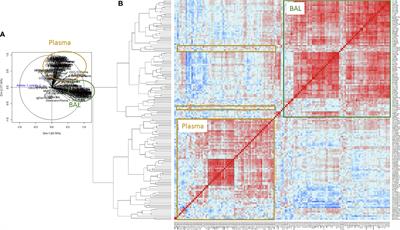EDITORIAL
Published on 23 Sep 2022
Editorial: The importance of Th17/Treg imbalance in asthma and COPD development and progression
doi 10.3389/fimmu.2022.1025215
- 1,619 views
- 5 citations
9,685
Total downloads
24k
Total views and downloads
You will be redirected to our submission process.
EDITORIAL
Published on 23 Sep 2022
ORIGINAL RESEARCH
Published on 10 Mar 2022
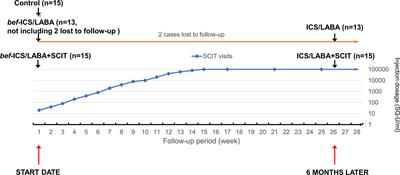
ORIGINAL RESEARCH
Published on 02 Feb 2022
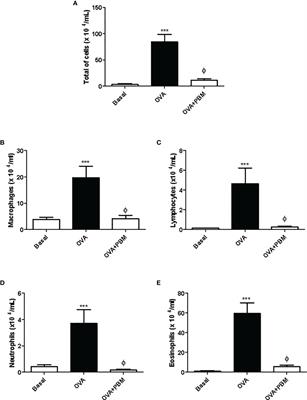
REVIEW
Published on 09 Dec 2021
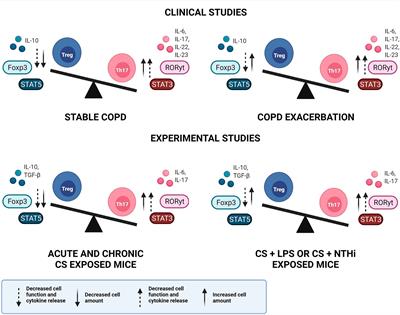
ORIGINAL RESEARCH
Published on 23 Aug 2021
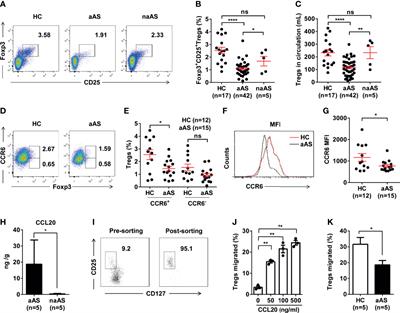
ORIGINAL RESEARCH
Published on 19 Jul 2021
